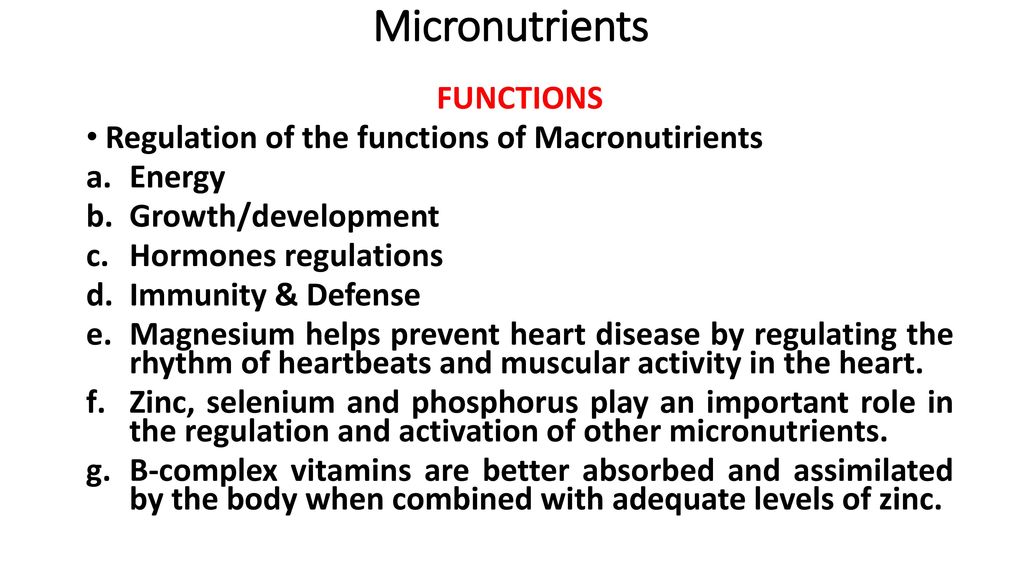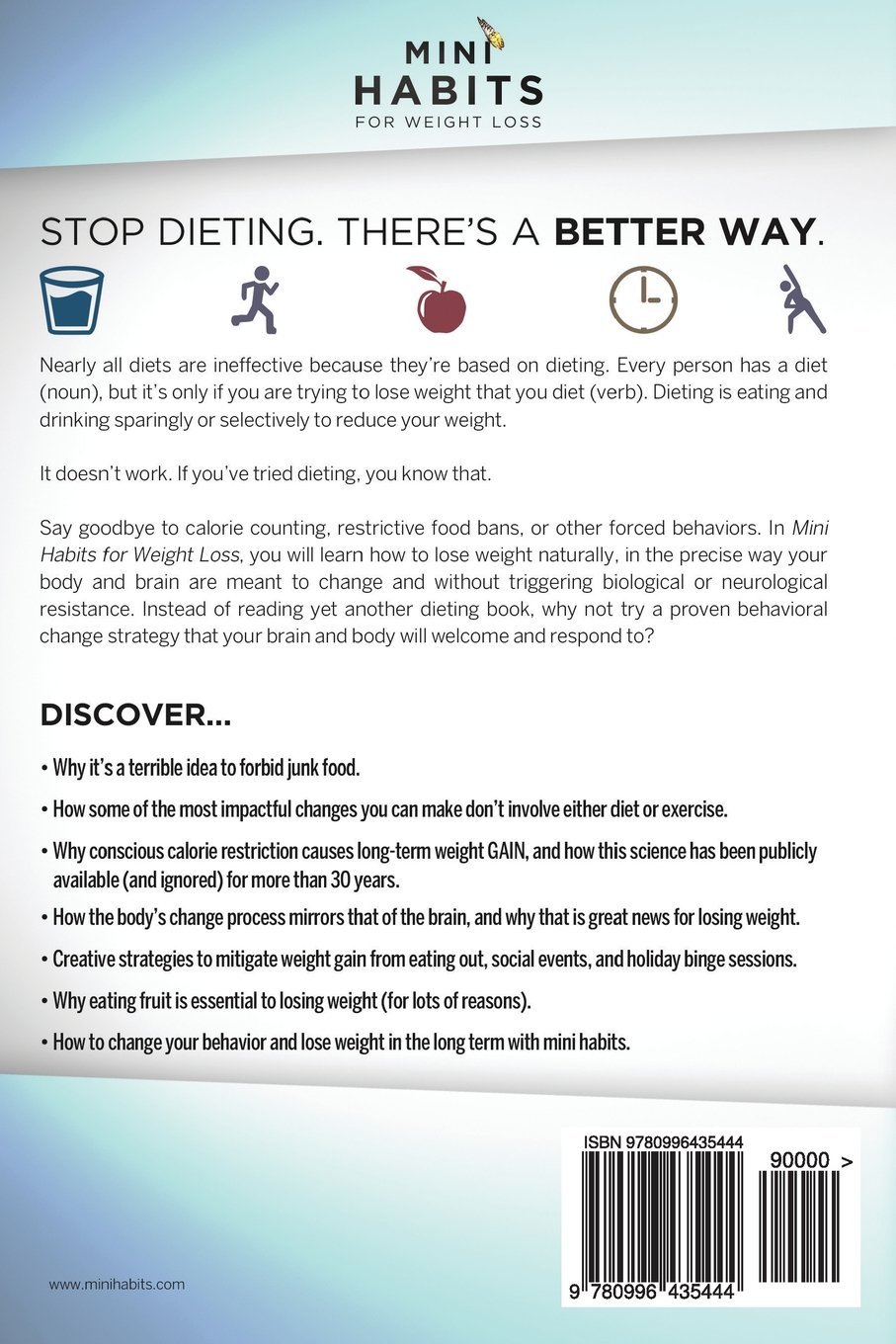
With funding from the Leona M. and Harry B. Helmsley Charitable Trust, the bipartisan Policy Center created a Rural Health Task Force. The team includes business leaders, doctors, and ex-elected officials. Their recommendations will aid policymakers in making informed decisions about rural healthcare. They also have a commitment to using data to inform and guide their work. This article will examine a few of these strategies and policies that are being implemented across the country.
Expanding Medicaid is a good idea for rural hospitals to use in order find the most efficient programs or services. Although a modest Medicaid reimbursement can be better than none, it will still leave a hospital in debt. The Affordable Care Act has not made a difference in rural hospitals' financial health. Although the Affordable Care Act allows for commercial health insurance to be purchased through exchanges, many people with low incomes choose high-deductible plans. Hospitals do not receive any compensation for their services. Rural hospitals cannot compete for patients with larger urban ones.

State Offices of Rural Health. States who participate in the program are eligible for financial assistance from SORH. These offices coordinate activities related rural health in their respective states. In addition, the SORH helps to identify federal and state programs for rural communities and provides technical assistance to nonprofit entities that serve the rural population. Additionally, the program encourages data-driven decision making to find the best ways to provide health care. But what can rural systems of health do to improve their performance and be more efficient?
A severe shortage exists in rural areas. The number of primary care physicians is higher in rural areas than in urban areas, and the number of doctors who live in these areas is lower. Low-income rural communities are particularly affected by this shortage of healthcare providers, as many residents are uninsured or underinsured. The commission plans to establish a fleet mobile clinics in rural areas. If the program is successful, it will increase access to health care for rural areas.
There are many challenges that rural areas face differently to those in urban areas. Rural providers tend to have a lower income and less access to resources. This can impact the quality of care. To reduce the likelihood of adverse outcomes, it is important that rural physicians are able to provide good care. However, it is important to have a skilled physician in order to establish a healthy rural community.

Rural areas may have differences in how health care is delivered. Because there are fewer providers and more resources in rural areas, patients must travel further to obtain treatment. Consequently, many rural patients do not seek medical care in a city, and they are reluctant to take time off work to get to a clinic. This can lead to delays in diagnosis and worsening of the patient's condition. Rural farmers who are self-employed may live several hours from the nearest health care facility. They should also consider the care of livestock and crops.
FAQ
Is it true that kidney stones can be caused by overeating protein?
Protein helps maintain healthy bones and tissue. Over-consuming protein can result in calcium being excreted through the kidneys. In turn, this can result in kidney stones.
Not everyone who eats more than 2g of protein per kilogram (2.2 lbs) of bodyweight will get kidney stones. It is possible to eat high levels of protein without developing kidney stones.
By being careful with your sodium intake, you can prevent kidney stones. Sodium helps regulate water balance in the kidneys. A high level of sodium can increase the risk of developing kidney stone.
You can also reduce your intake of proteins if you develop kidney stones. The majority of adults need protein for half their daily caloric needs. If you cut back on protein, you'll likely lose weight.
If you do decide to eat more protein, don't go overboard. You should aim to consume less than 20% of your total calories from protein.
Does Weightlifting Burn Fat Faster?
You can lose more fat by weight lifting, but only when you do it in conjunction with cardio.
You should do weightlifting after your cardio workouts to maximize its benefits.
If done correctly weightlifting can raise your heart rate, oxygen consumption and help you lose weight.
However, if you don't combine it with cardio you won't see any significant changes to your body composition.
Do I have the obligation to exercise every day or just on occasion?
No! At least 30 minutes moderate-intensity exercise five days per week is a good goal. It means you need to exercise hard enough or walk fast enough that you are slightly out-of- breath.
What is the best work out for men aged 40+?
The best workout for older men usually increases energy and stamina.
It is important you remember that most people aged 40 and over experience a loss in testosterone. This results in lower sex drives.
You can still exercise, however. Research has shown that exercise regularly can increase testosterone in men.
You can improve your sexual performance by starting an aerobics program.
What is the purpose of milk for men?
The next time you buy milk, think about what else you could use it for. It could also be beneficial to quit drinking coffee.
Milk has been proven to be beneficial to both children and adults alike. Milk is rich in nutrients for children, including vitamin D and calcium.
It promotes weight gain, digestion, bone strength, and aids digestion. Milk products can help adults have better immunity systems and less illness.
Also, milk is rich in lactose so people who can't digest this sugar well can still reap the benefits of it without any stomach issues.
Instead of drinking soda or juice, drink more milk. Your teeth and bones can be strengthened by drinking milk rich in vitamin D and calcium.
If you don't like the taste of milk, you can always make your yogurt using plain low-fat milk. Yogurt is a great alternative to milk since it is lower in calories and higher in protein.
Yogurt also includes probiotics. These help in digestion and improve immunity.
If you're having trouble sleeping, try taking a glass of warm milk before bedtime. Warm milk helps relax muscles and boosts serotonin levels.
What dietary supplement is best for weight loss?
Exercise and diet are key to losing weight. Some people find that certain supplementation can be helpful.
Research suggests that omega-3 fats may aid in weight loss. Omega-3 fatty acids are essential fats that are vital for brain function, cell membrane integrity, and other functions. They can be found in seafoods like salmon, tuna or shrimp, as well as cod liver oil.
Research suggests that green tea may be beneficial in weight loss. Green tea contains catechins, antioxidants that may help boost metabolic rate and encourage weight loss.
What foods should I avoid when trying lose weight?
Avoid trans fats. Trans fats increase LDL (the harmful) cholesterol and lower HDL (the good).
Trans fats can be found in fast food, deep-fried foods, packaged baked goods, snack cake, and other processed foods.
These unhealthy fats are also known to cause inflammation and lead to heart disease as well as diabetes.
Avoid foods containing artificial sweeteners. Artificial sweeteners can increase your risk of developing cancer.
These chemicals are found everywhere, from soft drinks to chewing candy to candy bars to chewing gum. They are also found in poultry, eggs, meat and fish.
Artificial sweeteners are saccharin (cyclamate), sorbitol and aspartame.
These chemicals can damage DNA and cause cell death, according to the American Heart Association.
Statistics
- Are You One of the 20% of Guys (mh.co.za)
- 10 pounds in a month is likely during a lean bulking phase, especially for beginners. (muscleandstrength.com)
- The PRS enabled risk stratification for overall prostate cancer and lethal disease with a four-fold difference between men in the highest and lowest quartiles (HR, 4.32; 95% confidence interval [CI], 3.16-5.89). (pubmed.ncbi.nlm.nih.gov)
- An estimated calorie range for moderately active adult males falls between 2,200 to 2,800 calories per day, depending on age. (eatright.org)
- According to the American Academy of Dermatology (AAD), men over 50 are at a heightened risk of developing it. (healthline.com)
External Links
How To
How can I burn fat and exercise?
Exercise helps you lose calories by increasing your metabolism and oxygen intake.
Exercise at a moderate intensity to safely lose weight.
These tips will help you burn fat and keep fit while exercising.
-
Cardio exercises like walking, running (or jogging), swimming, cycling, running, and/or elliptical training are all good options.
-
Three times per week, exercise for 30 minutes.
-
You can add strength training into your exercise routine if you're looking to lose even more weight.
-
Avoid intense workouts. You can build muscle without having to lose muscle tissue.
-
When exercising, make sure to drink lots of water. Water flushes out toxins, and keeps your body properly hydrated.
-
After exercising, consume low-fat protein smoothies. Protein shakes repair muscles and increase energy.
-
Eat smaller meals throughout the day, so you don't feel hungry between meals.
-
Don't skip breakfast! You can feel tired and slow if you skip breakfast.
-
Take care of your mental health. Stressful situations may slow down your metabolism.
-
Keep a positive attitude. Studies show that people who believe they're overweight gain more weight than those who think they look pleasing.
-
Get enough sleep. It is harder to lose fat if you don't get enough sleep.
-
Be active. Move around at least once an hour.
-
Maintain a healthy diet. Healthy eating will keep you fuller and more satisfied for longer.
-
Find ways to relax. Relaxing doesn't mean your body releases stress hormones which cause muscle tissue to be destroyed.
A balanced diet provides all the nutrients necessary for growth and development.
Eat six small meals each day instead of three large ones. This allows your body to properly digest what you have eaten.
Calcium is required to support strong bones. Calcium can be found as a dairy product such as milk, yogurt and fortified soy drinks, orange juices, cereals, breads, and cereals.
Calcium is found in leafy green vegetables and beans, tofu as well as nuts, seeds, cheese, and seeds.
Vitamin D is required for calcium absorption. Vitamin D is found in eggs yolk, fatty fish and fortified foods.
Vitamin E is essential for skin health. It can be found as a vegetable oil, wheat germ, peanuts or almonds.
Your body requires zinc for normal immune function and wound healing. Zinc is found in seafood, oysters legumes meats, whole grains, whole grains and meats.
Zinc deficiency may cause fatigue, loss appetite, depression, and impaired immunity.
Sugar intake can lead to insulin resistance which causes blood glucose levels to rise. Insulin resistance leads directly to weight gain.
Insulin resistance is caused by high blood levels of free-radicals. Free radicals are molecules containing unpaired electrons which cause damage to cells membranes.
The main sources of free radicals are food additives.
Free radical damage may lead to cancer, heart disease diabetes, arthritis, asthma and other conditions.
A well-balanced diet rich in antioxidants is the best way for you to avoid free radical damage. Antioxidants protect against oxidative damage.
Vitamin C is found in citrus fruits and beta carotene is found in carrots.
Selenium, copper and manganese are all antioxidant nutrients.
Selenium protects cells from free radical damage. Selenium can be found in Brazil nuts and liver, kidneys, liver, kidneys, shrimp, cod, turkey and lamb as well as chicken.
Copper protects eyes, brain, lungs and red cells. Copper is found in shellfishes, poultry, meat, organ meats, and other foods.
Manganese, an essential component of bone strength, is crucial. Manganese is found in brown rice, spinach, bananas, prunes, raisins, oatmeal, and lentils.
Zinc is necessary for average growth, reproduction, and wound healing. Zn is found in lean cuts of meat, white fish, poultry, and eggs.